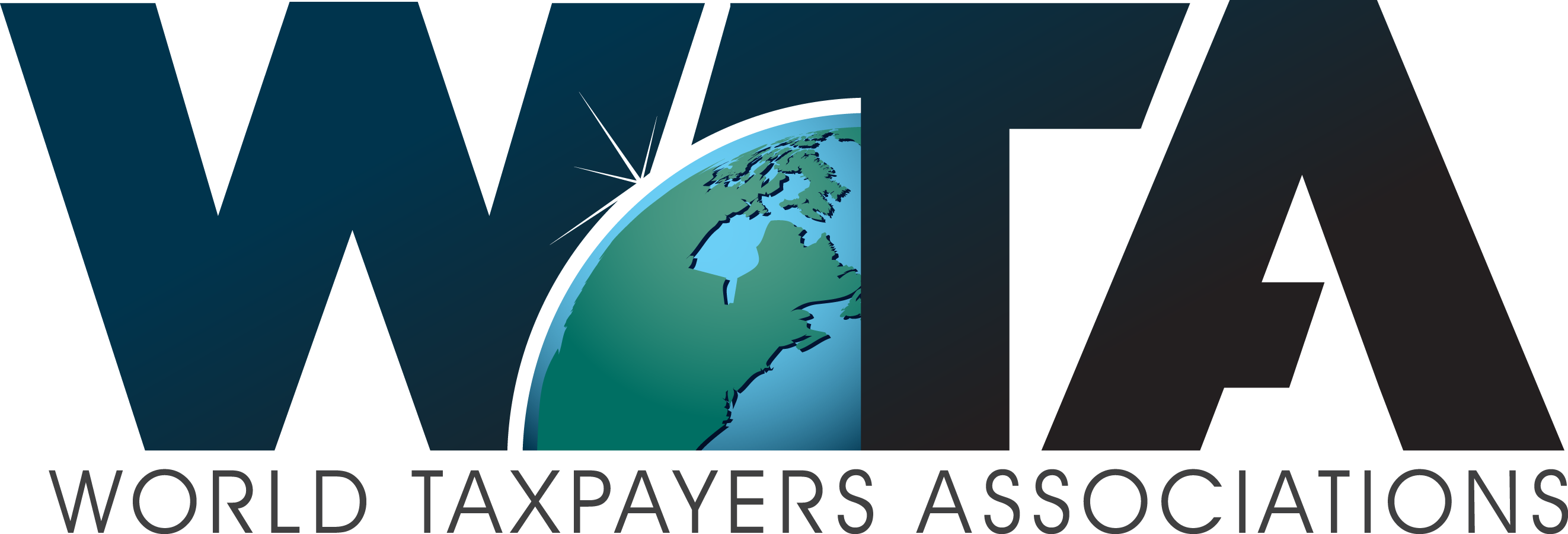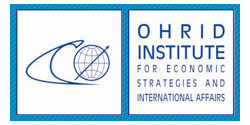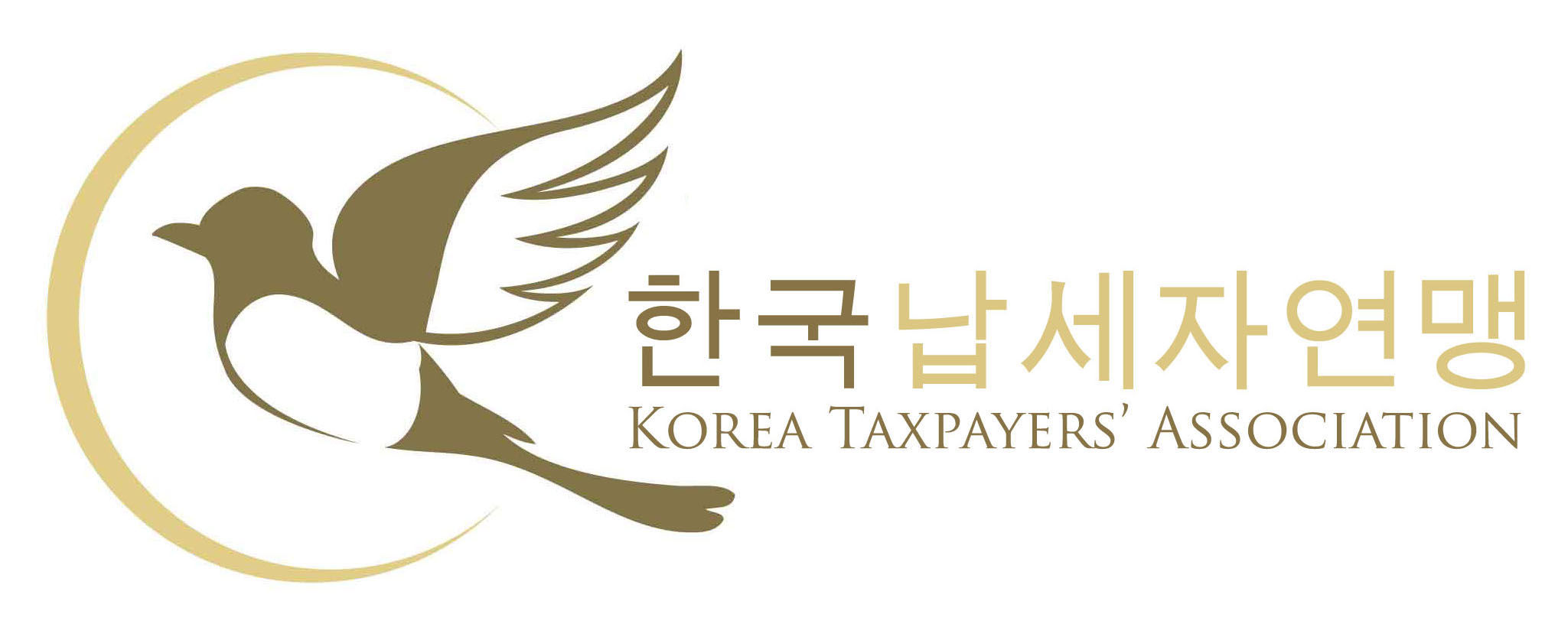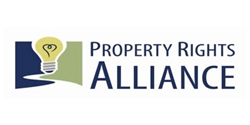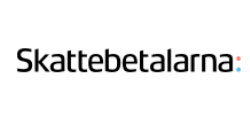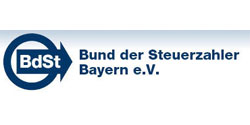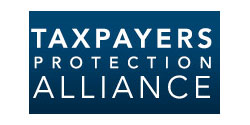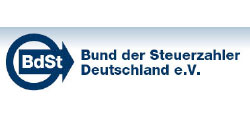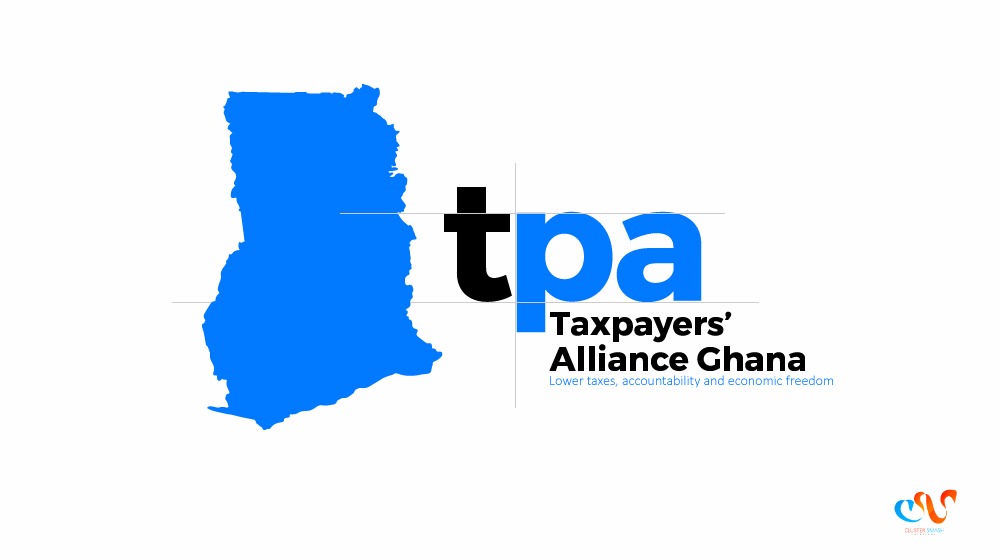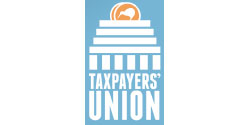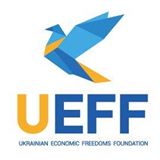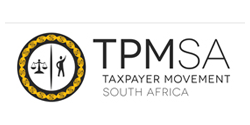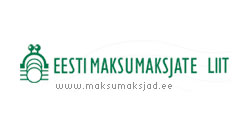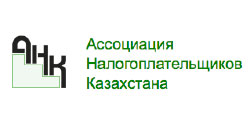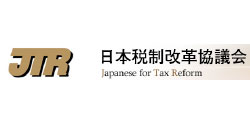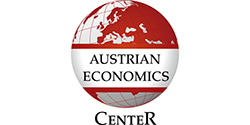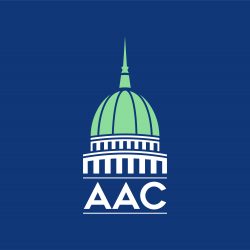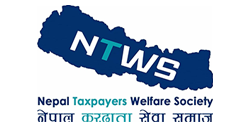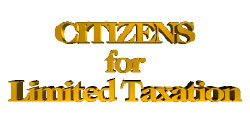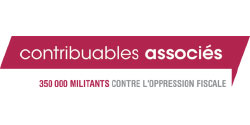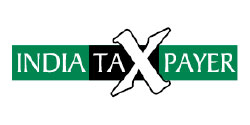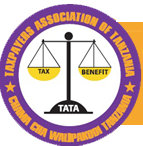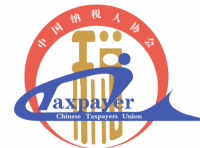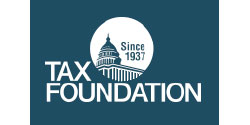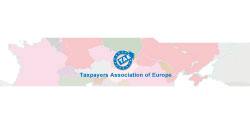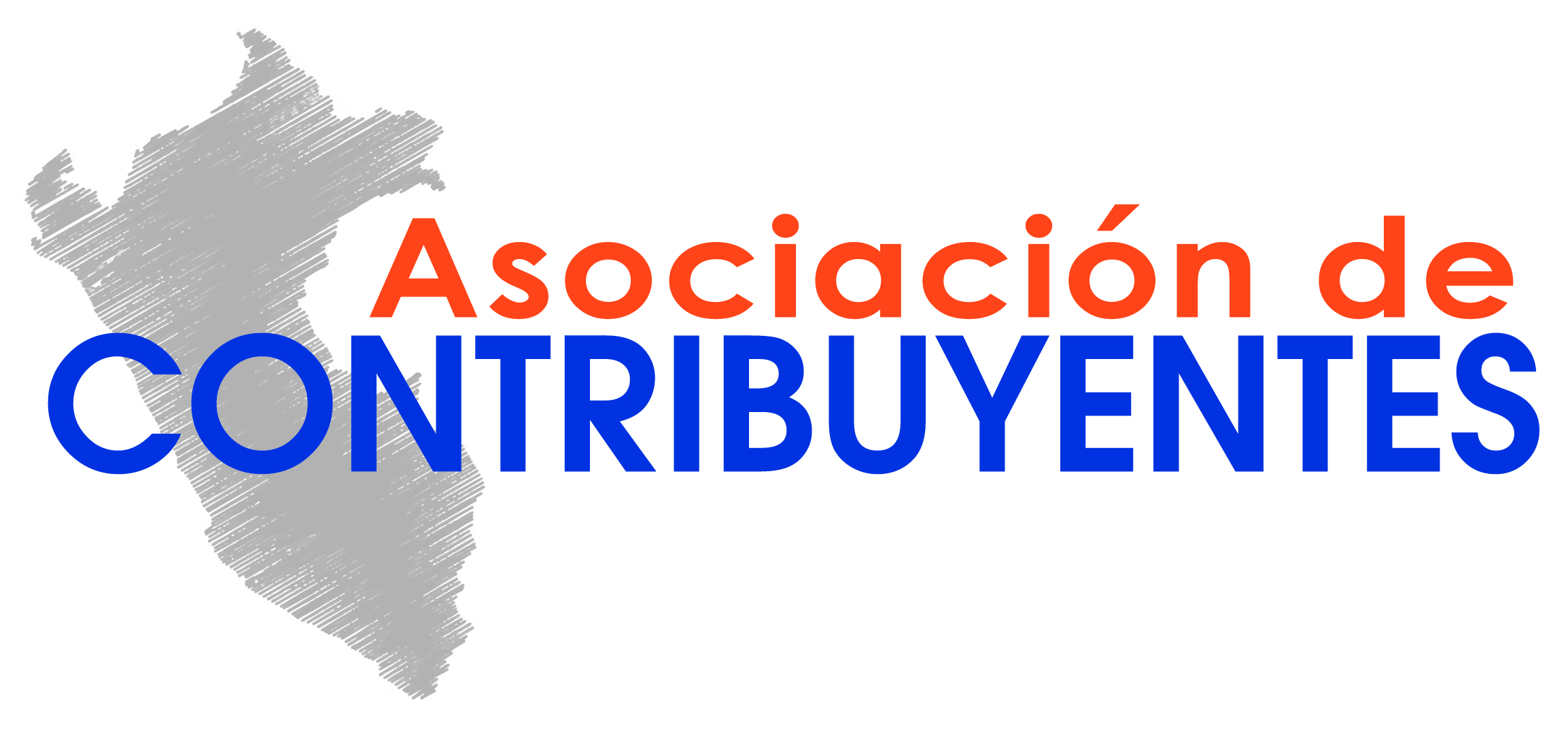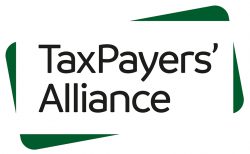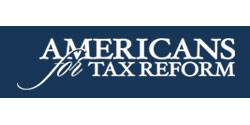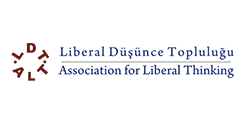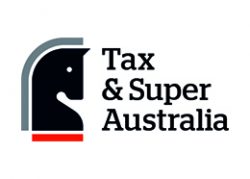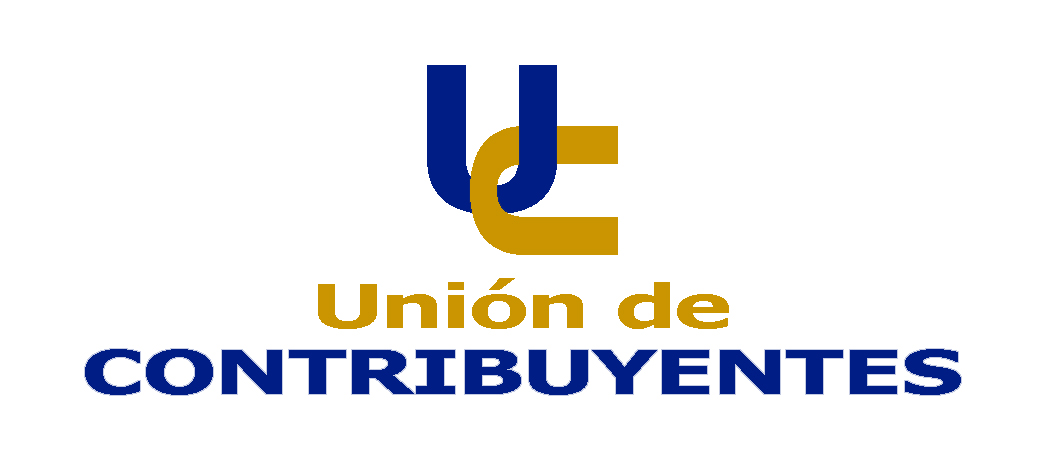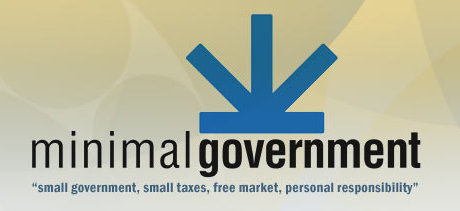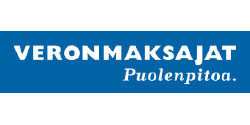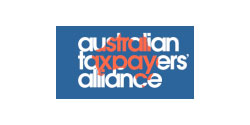WTA Chairman’s Update #9
Dear WTA members, observers and friends:
We’re hopefully coming out of the other side of the pandemic. There may be more lockdowns to come, but as the vaccine take up improves I hope we can put the last 18 months behind us and get the economic recovery at the front of the agenda.
Here in the UK, we’ve found out that the cost of the pandemic to taxpayers is around £400 billion so far. Throughout the last year, all we’ve heard is the lazy assertion that taxes will have to go up to pay for it. But we know that’s not the case – we need politicians to show spending restraint and focus on economic growth.
There will be many other challenges in your countries. Whatever those challenges are, our organisations are needed now as much as ever. So let’s keep swapping ideas and sharing experiences. There’s some fantastic work going on across the world and we can all learn from one another.
Please visit our website and our Facebook group and tell everyone about what you’re up to. We’ll be able to meet up physically again soon, but for now we need to maintain our strong network to give us all the best chance of speaking up for taxpayers.
Stay in touch with me and our fantastic Secretary General Cristina Berechet to feed good content into this newsletter and our network more broadly.
And look out for more online events, which we’ll be announcing very soon.
Best wishes,
John O’Connell
Chairman and President, World Taxpayers Associations
Chief Executive, TaxPayers’ Alliance
E-mail | john.oconnell@worldtaxpayers.org
Past WTA Events
Taxpayers Regional Forum for North and South America on July 9th, 2021
The third WTA-sponsored Virtual Taxpayers Regional Forum of 2021 took place via Zoom on July 9th at 10 AM CST.15 delegates from 8 countries joined the third Regional Taxpayers Forum of 2021.
Attendees shared ideas on tax and policy reform, with a special focus on the OECD’s global tax plans. Thank you to everyone who participated.

Next WTA Events
We’ll be following that up with a session for groups in Europe and Africa, and Asia and Australasia.
The next WTA World Conference will be hosted by Contribuables Associes, the French taxpayer association. It is likely to be held in May or June 2022 but the date will be confirmed soon.
Member News:
ARGENTINE: The Argentine Taxpayers Association Gets Recognition for Their Work
The Secretary of the National Budget Commission in Argentina, the Deputy Luis Pastori, stressed in the National Congress the impact the Argentine Taxpayers Association has in the creation and application of public policies.

CANADA: Teddy Awards for Government Waste
The Canadian Taxpayers Federation held its 23rd annual Teddy Waste Awards ceremony in a special virtual presentation, celebrating the best of the worst in government waste uncovered in the past year.
The Teddy, a pig-shaped award given annually by the CTF to the government’s worst waste offenders, is named for Ted Weatherill, a former federal appointee who was fired in 1999 for submitting a panoply of dubious expense claims, including a $700 lunch for two.
The winners in each category were:
- Federal Teddy Winner: Former governor general Julie Payette
- Provincial Teddy Winner: The Government of Québec (Société des traversiers du Québec)
- Municipal Teddy Winner: The City of Toronto’s canceled bike lanes
- Lifetime Achievement Teddy: the Phoenix Pay System
As CTF Federal Director Aaron Wudrick said: “former governor general Julie Payette blew hundreds of thousands of dollars on her inauguration and bizarre housing renovations before resigning under a cloud of controversy,” and the Quebec government’s remarkable ability to crash ferries into docks has soaked taxpayers for millions. “Meanwhile, taxpayers in Toronto spent $160,000 to install bike lanes, and then another $80,000 to rip the same lanes out again just five months later. And no one will be surprised that the Phoenix Pay System, after years of being an enormous financial sinkhole, has earned the distinction of a lifetime achievement award.”
Watch the award ceremony here.

FRANCE: Public Debt: A Time Bomb for the French
Contribuables Associes (the French Taxpayers Association) has just launched a new report on France’s Public Debt. According to the report, France is Europe’s champion in terms of per capita public debt. The report also finds that:
- Half of the public debt is foreign owned.
- By allowing the French debt to grow, France risks becoming increasingly dependent on the European Central Bank.
- Many European countries have introduced legal barriers to avoid debt increases.
- The European countries that manage their public finances correctly are also those which ask for government accountability in order to let companies and the economy, as a whole, grow.
Read more about the report here.

GERMANY: Put an End Date to Solidarity Tax to Prevent “Kaiser Wilhelm Syndrome”
In 1991 to finance the rebuilding of the East German Landers a solidarity tax (Soli) was introduced. Three decades later the tax is still in place. Since last year not a single Euro from the Soli tax has been spent on the rebuilding of the East. And even though a tax reform implemented in 2021 reduced the number of people eligible for paying the tax, the Finance Minister, Olaf Scholl, is not even considering abolishing the tax. Meanwhile, the tax is collecting more than EUR 10 billion annually. The purpose for which the tax was created no longer exists, but the tax remains. This type of tax should be called the “Kaiser Wilhelm Syndrome ”, in honor of the German emperor who in 1902 to finance the imperial fleet introduced a sparkling wine tax, tax still applies today. The German Taxpayers Association (BdSt) is currently carrying out a lawsuit at Germany’s Constitutional Court against the continued levy of the Soli to completely abolish the tax.
Read more here.

SWEDEN: Sweden’s “Most Hated Tax” Threatens to Come Back
The Swedish Taxpayers Association is working to stop the return of the property tax abolished in 2008. Their continuous campaign pushed the Prime Minister to take action and make a public announcement last month in which he promised not to reintroduce the property tax. Last month the Swedish Taxpayers Association also published Dr. Nima Sanandaji’s report that debunks the false claims that have flourished in the debate.
This month the Swedish Taxpayers Association is launching the “Tax waste of the century” (Århundradets värsta slöseri) campaign where people will nominate the worst examples of government waste in the past century. This is a smart way of engaging more people in the issue of respect for the taxpayers’ money as well as highlighting the organization’s 100th anniversary.

UNITED KINGDOM: Britain’s Council Tax Burdens
The TaxPayers’ Alliance (TPA) released a new report on Britain’s council tax burdens with a council-by-council breakdown showing that some less affluent areas face a higher council tax burden than wealthy metropolitan London boroughs.
The report finds that:
- Hyndburn now charges the highest average council tax relative to average house price in the country. Band D council tax is £2,011 per year, which represents 2.18 per cent of the average home price of £92,173.
- 93 local authorities charge over one per cent of the average house price in council tax, which includes every council tax area in the North East – but none in the South East.
- Seven of the top ten local authorities whose council tax was the highest relative to median gross salary increased their council tax in 2021-22 by more than the English average (4.45 per cent).
Read the report here. TPA has also launched a petition calling for an end to council tax rises.

UNITED STATES: Atlas Network Celebrates its 40th Anniversary
A very happy 40th birthday to the Atlas Network for 40 years of supporting economic freedom and personal liberty around the globe! With nearly 500 partners in 95 countries, Atlas Network is celebrating the last four decades as they prepare to meet the challenges of the next four. Check out the timeline below to learn more about its history and how its work has grown.

WORLDWIDE: 76 Organizations Along with WTA and ATR Urge Rejection of Global Minimum Tax
In partnership with Americans for Tax Reform, the World Taxpayers Associations is leading a large international coalition of 76 taxpayers groups and organizations from 40 different nations to oppose the implementation of a global minimum corporate tax rate. The coalition released a letter to reject the global minimum tax proposal of at least 15 percent that the governments of Canada, France, Germany, Italy, Japan, the United Kingdom, and the United States agreed on at a Group of Seven (G7) meeting.
You can view the full letter here.

The Tax Foundation has also released a new report highlighting the risks and possible solutions to a Global Minimum Tax. The report recommends that in order to mitigate the negative economic effects of a global minimum tax, policymakers should ensure that both the minimum rate and the tax base to which it applies are designed in a way that does not distort investment decisions but still acts as a backstop to current corporate tax rules. You can read the report here.

The National Taxpayers Union also explains how the G-7 Tax Deal Sets Up Numerous Disadvantages for American Companies. In Andrew Lautz’s opinion, the US congress must exercise proper scrutiny of the distinct and overlapping consequences of President Biden’s tax plans. A rubber stamp for tax hikes on American companies (and American multinational companies) would hurt U.S. workers and U.S. businesses as just the time they are seeking to recover from the devastating pandemic and economic downturn.

Also, the European Resource Bank and the Austrian Economic Center held an online meeting to discuss the proposal. You can watch the panel discussion here.

The Taxpayers Association of Europe (TAE) also opposes the reform of international business taxation. TAE is generally open towards tax reforms. But under no circumstances should tax competition be eliminated, as taxes are and remain an important location factor. Policymakers should ensure that tax competition is equal and fair for all, and no special deals and exemptions for individual enterprises that exclusively benefit them happen “behind closed doors” – as has happened in the past. Therefore, at the core of the tax reform, it needs to be all about simply making sure that enterprises fulfill their tax obligations, taking into account criteria like location, seat of the board, value creation, manufacturing site, place of revenue, and especially profit made. Which country the taxes are then paid in is irrelevant for reasons of tax fairness!
Download TAE’s Working Paper on the Reform of International Business Taxation here.
WORLDWIDE: 101 Organizations along with the Property Rights Alliance Celebrate World IP Day
In celebration of World Intellectual Property Day, an international coalition of 101 organizations from 47 countries along with Property Rights Alliance has launched an open letter addressed to the World Intellectual Property Organization’s Director General Daren Tang highlighting WIPO’s 2021 theme: “IP & SMEs: Taking Your Ideas to Market.”
As humanity confronts the COVID-19 pandemic, several countries are lobbying at the WTO to waive IP rights on vital tools used to combat the COVID-19 pandemic. The letter warns: “The TRIPS agreement is the most comprehensive multilateral agreement on IP and the most effective instrument for ensuring that governments take steps to protect IP. It would be a grave mistake to waive the minimum protections secured by TRIPS.”
The Property Rights Alliance has also launched the 2021 Trademark and Patent Index. From 2020 to 2021, PRA compiled data of trademark legislations from 139 countries and patent legislations from 122 countries. A key finding includes the U.S. leading the ITI 2021 with a score of 0.8794 and the IPI 2021 with a score of 5.88.
You can read the coalition letter here and watch the 2021 IP Day Webinar here.

WORLDWIDE: Free Market Road Show 2021
The Free Market Road Show this year welcomed new groups, like Instituto Libertad in Portugal, and renewed the collaboration with existing partners.
Please see the program here and the 2021 Digital Free Market Road Show playlist.
The tour lasted longer than initially planned while the biggest part of the tour was completed by the beginning of July. Additional events, hopefully, hybrid ones, will take place in autumn. The Show goes on and the FMRS Family keeps spreading the word of Liberty, Responsibility and Sound Policy!

The Austrian Economics Center also launched for the German speaking community a new project called 100 Fragen zu Corona, 100 Questions on the Corona, dealing with all sorts of economic and philosophical concerns on the pandemic.
Tax Freedom Day Around the World
FINLAND: Tax Freedom Day was June 9th
According to the Taxpayers’ Association of Finland, the total tax burden in Finland is estimated to be 42.8 percent of GDP, including national taxes, municipal and ecclesiastical, consumption taxes, and social security contributions
According to the Taxpayers’ Association of Finland’s CEO, Teemu Lehtinen the tax day is a reminder that the overall level of taxation in Finland is already too high and in the future, a gradual reduction in the level of taxation must be achieved.
In 1981, when they started calculating Tax Freedom Day, the tax burden in Finland was 37.3 percent, close to the EU average. Back then, the Tax Freedom Day fell in May, while in the early 80s the Tax Freedom Day fell in early June. In the last century, Finland’s tax burden has been about 3 to 5 percentage points higher than the EU15 average.
Find out more on Finland’s Tax Freedom Day here.
Reports:
WORLDWIDE: Tax Burden on Labour among OECD countries
The Tax Foundation released a new report comparing the tax burden on labour among OECD countries. Individual income taxes, payroll taxes, and consumption taxes like value-added taxes (VAT) make up a large portion of many countries’ tax revenue. These taxes combined make up the tax burden on labour.
Governments with higher taxes generally explain their high tax burdens with more extensive public services. However, the cost of these services can be more than half of an average worker’s salary, and for many, at least a third of their salary. Average wage earners in the OECD have their take-home pay lowered by two major taxes: individual income and payroll (both employee and employer side). Value-added (VAT) and sales taxes also place a tax burden on take-home pay used for consumption. Since there is a negative relationship between the tax wedge and employment, countries should explore ways to make their taxation of labour less burdensome to improve the efficiency of their labour markets.

EUROPE: Nanny State Index
The Nanny State Index (NSI) is a list of the worst places in the European Union to eat, drink, smoke and vape.
The 2021 edition of the Nanny State Index, which has been expanded to 30 countries in Europe, shows that Germany has taken the top spot as the freest country.
A new addition to the Index, Norway, is currently the least free country in Europe when it comes to sin taxes and regulation of alcohol, tobacco, food, and vaping. Lithuania and Finland have taken the second and third place respectively in this year’s Index.
The Nanny State Index has been tracking lifestyle regulation across the EU since 2016. The latest edition of the Index has seen an increasing trend of taxation on sugary drinks, with twelve countries now having such taxes, up from five in 2017. More taxes have been levied on e-cigarette fluids, going from eleven countries in 2019 to thirteen in 2021. Meanwhile, seventeen of the thirty countries in the index have made it illegal to use an e-cigarette wherever smoking is prohibited, and sixteen countries have a total or near-total ban on e-cigarette advertising.
The full report can be read here.

Upcoming Atlas Network Events:
Atlas Liberty Forum and Freedom Dinner 2021
December 13 – 14, 2021
Miami Beach, Florida
